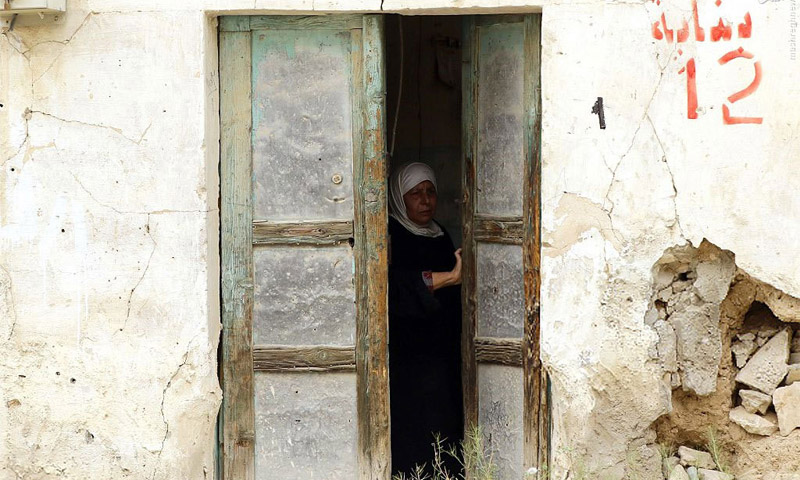
Syrians left their houses to be “occupied” by others… so who protects properties?

Thousands of families were forced to leave Syria in search of safety, they leave behind homeland, memories and neighborhoods, in addition to properties and land they did not have a chance to sell, or they refused to sell, hoping for a swift return while saying “All is in Allah’s protection” for fear of a rocket or a shell that would destroy their life’s savings within a minute.
But who said that the risks of war are only in weapons? The absence of law and the spread of chaos in the last years have encouraged mixing lots of deeds; the permissible became forbidden, and what used to be impossible before has now become viable, this includes looting and seizing properties in the absence of their original owners.
We had a house in Mohajereen
With the same kind of sorrow expressed by Farouk Juweidah in the poem “We had homelands”, Ms. Thuraya, a Syrian residing in Turkey, says in a clear tone of despair “we had a house in Mohajereen, we were forced to leave Syria overnight because security were after my son. I could not bear the idea of my only son being arrested, so he and I left for Lebanon and then on to Turkey within one day. That was three years ago.”
Thuraya entrusted the house to her husband’s friend, who chose to stay in the house to protect it. She explains “I did not want to rent the house out of fear of tenants refusing to leave later on; today there is no one being held accountable for their actions, an empty house in Mohajereen is considered a fortune for bad people. Therefore, the best solution was for my husband’s friend to stay in the house in order to protect it from being tampered with and occupied.”
Iranian residents
A family’s loyal friend staying at your house may be a solution for keeping unwanted tenants away, but can he stand against force? A question the family friend had to answer when, all of a sudden, security forces knocked on the door! Thuraya explains “out of the blue, the security forces asked him for the rent contract or a contract of ownership. He did not have a contract, since we left Syria in haste, and because none of the owners were present to legally delegate him, the security forces gave him a few days’ notice to evacuate the house.”
Later on the family found out that one of the neighbors reported a stranger staying in the building, and since it was impossible for Thuraya to get back to Damascus in order to give their friend a lease or a delegacy, the friend had no choice but to evacuate the house within the period stated by the security forces, “indeed, our friend and his family evacuated the house, while security force members did not pass up the opportunity of occupying such a house in this neighborhood. Later on, we were told that some Iranians are living in the house.”
Thuraya explained how she tried to maintain this inheritance from her husband, the place that would accommodate her when she gets back to her home and neighborhood. However, all of her hopes faded when she found out it is an Iranian family occupying her house; “can I say that I own a house in Mohajereen after today?” she wondered with sorrow.
Injustice exercised by relatives…
If Syrians were used to the injustice practiced by the Syrian regime forces and always expect the worst, they are not used to similar kind of injustice from a friend or a relative! This distress is more bitter and painful. Adnan (45 years old), a resident of Eastern Ghouta, tries to express his sorrow while telling us his story; “we are six brothers in the family. We all got married and lived in different apartments of a building owned by our father. But, after the revolution and due to shelling and escalation of conflict, we were all forced to leave except for my father and youngest brother. I left my small house, the furniture I worked for years to purchase and my wife’s dowry, we were newly-wed at that time. We left everything.”
Months and years passed by, Adnan’s and his wife’s return to Ghouta became impossible. The rest of his brothers travelled to Turkey, he stayed in the countryside of Damascus after his wife had twins. “A friend of mine called me and asked if he can live in my house after he got married, since my return to Ghouta was impossible my wife and I agreed to his request. It was good to have someone look after the house.”
Loss of ownership
Adnan’s father passed away a few months later. His friend called him and gave him some shocking news, “my friend called me saying that my brother told him to leave the house, as the ownership of the house was his and that he didn’t want to host anyone. As for my brother’s wife, she told my friend’s wife to give her all the possessions from my wife’s dowry as she left those things in our house.”
Adnan assured his friend that there must be a misunderstanding; that he will communicate with his brother, “I told him not to worry at all, no one will get him out of the house. But apparently I was mistaken.”
After avoiding his calls for a few days, Adnan’s brother finally answered his call, “it was then I got the thunderbolt news”, he continues, “my brother told me that my father had signed a property concession paper for all of the property. He also said that it was only fair because of his patience. When I questioned him he sent a text of a photo of a written document stating my father’s bequeathment of all of his properties to my brother.”
Adnan believes the whole thing to be a scam on his father, who was ill and so was forgetful during the last two months of his life but he cannot prove anything, he adds “there are armies and checkpoints between me and my brother. If going back to my house was a dream, today it is impossible.”
“There is no place for you here”
Those were the words Ms. Wesal’s uncle screamed as he kicked her out of her father’s property. Ms. Wesal is a married lady from the city of Homs. She left Syria for Lebanon during the security escalation in the city and came back a year ago. She says “my father died in Lebanon, and since I have no siblings, and as my father has only one brother who is unmarried, my father’s inheritance would go to me. When I got back to Homs I went to my father’s farm and to my surprise my uncle kicked me out telling me that I am not a family member and that he is the owner of the farm.”
Wesal had contemplated the worst possibilities; like the shelling the farm or its occupation by regime soldiers, but this unique scenario never came to her mind. She adds “I left Lebanon to come back to take care of my father’s farm with my children, but I was shocked to learn that the farm no longer belonged to me.”
I am not the only one
When Ms. Wesal went to the police, they told her that she needs to get an inheritance certification, documents from the land registry stating her ownership, as well as authentication from a notary confirming all of this is in order to reclaim her father’s property, she continues “I already started the procedures, and although things are on my side, yet it is not easy to conduct these transactions. At the registry office, I was shocked to meet dozens of similar cases to my own, of people coming back to find their properties owned by other people. We only heard of such stories on TV and we used to be really surprised, but the war, displacement and migration have significantly increased the possibility of such incidents.”
After many rounds in government departments, Ms. Wesal managed to prove her right to the land and regained it in the end, she said “if my adversary happened to be close to the regime or had a rank in the government, I would have never been able to regain my land. In fact, I would not have dared asking the help of the police in the first place. All I wish for after all of this distress is not to be forced to leave my land again.”
if you think the article contain wrong information or you have additional details Send Correction
النسخة العربية من المقال
-
Follow us :

















 A
A
A
A
A
A



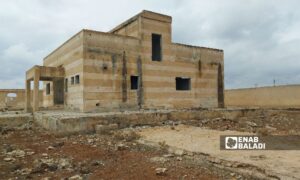
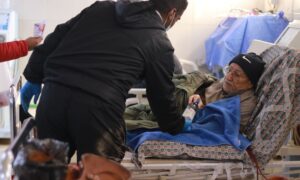
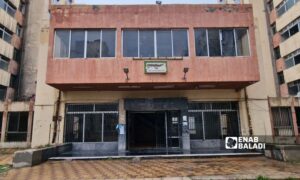
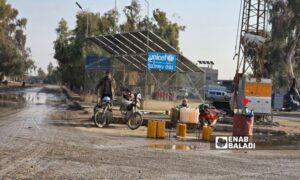
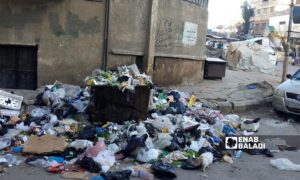
 More Society
More Society